25 Best Alcohol and Drug Rehabs in Madison, WI 2025

7.98
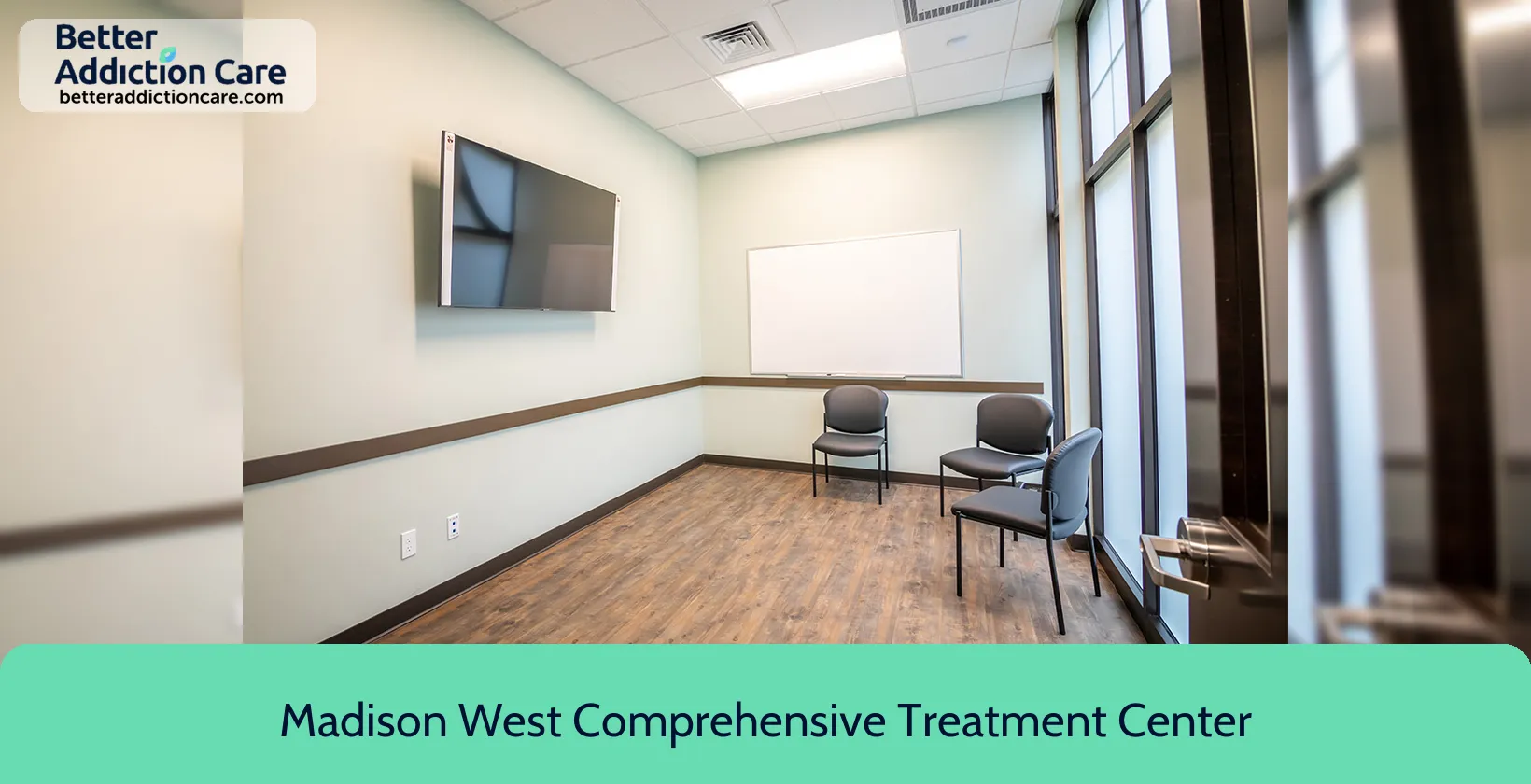
7.11
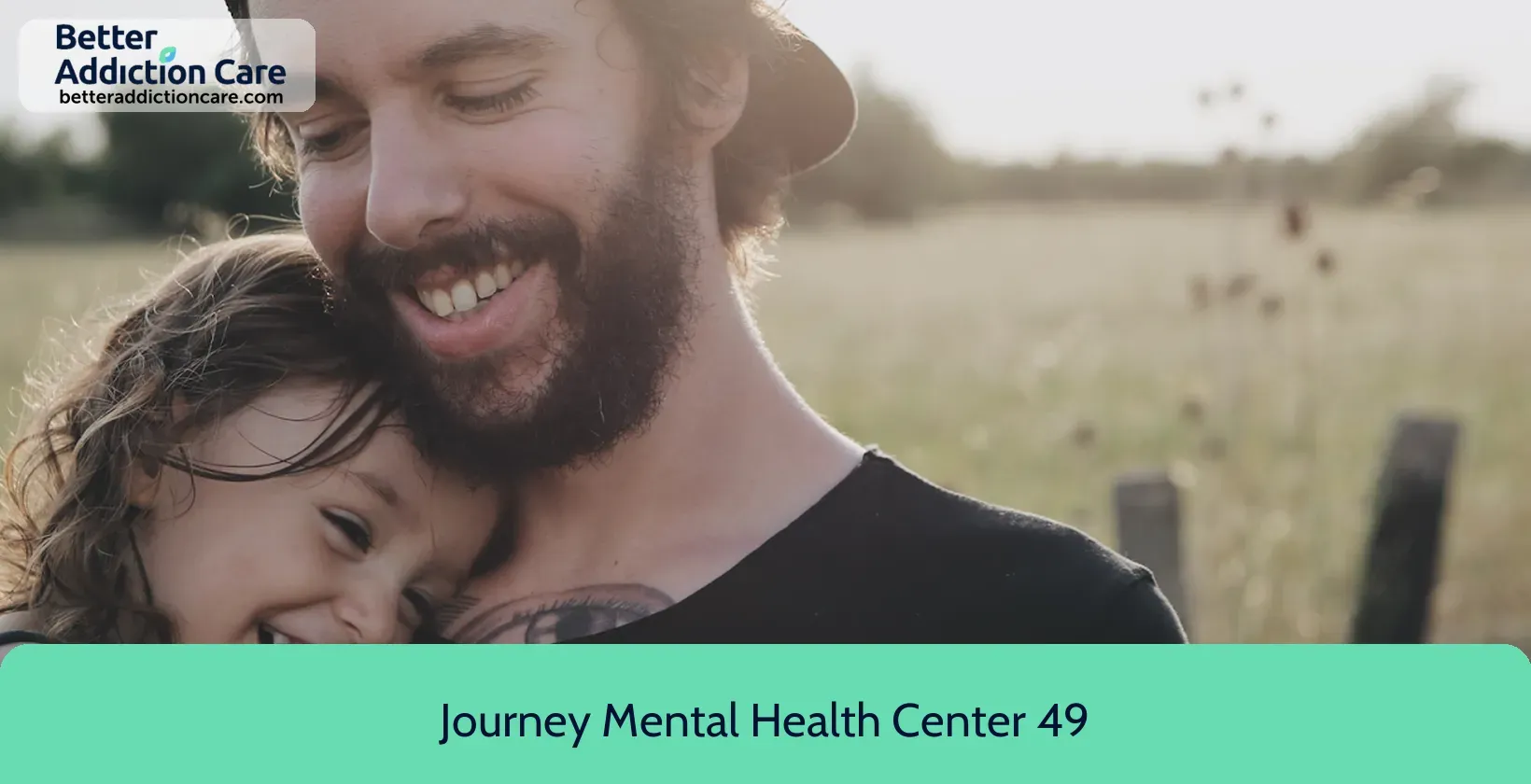
6.90
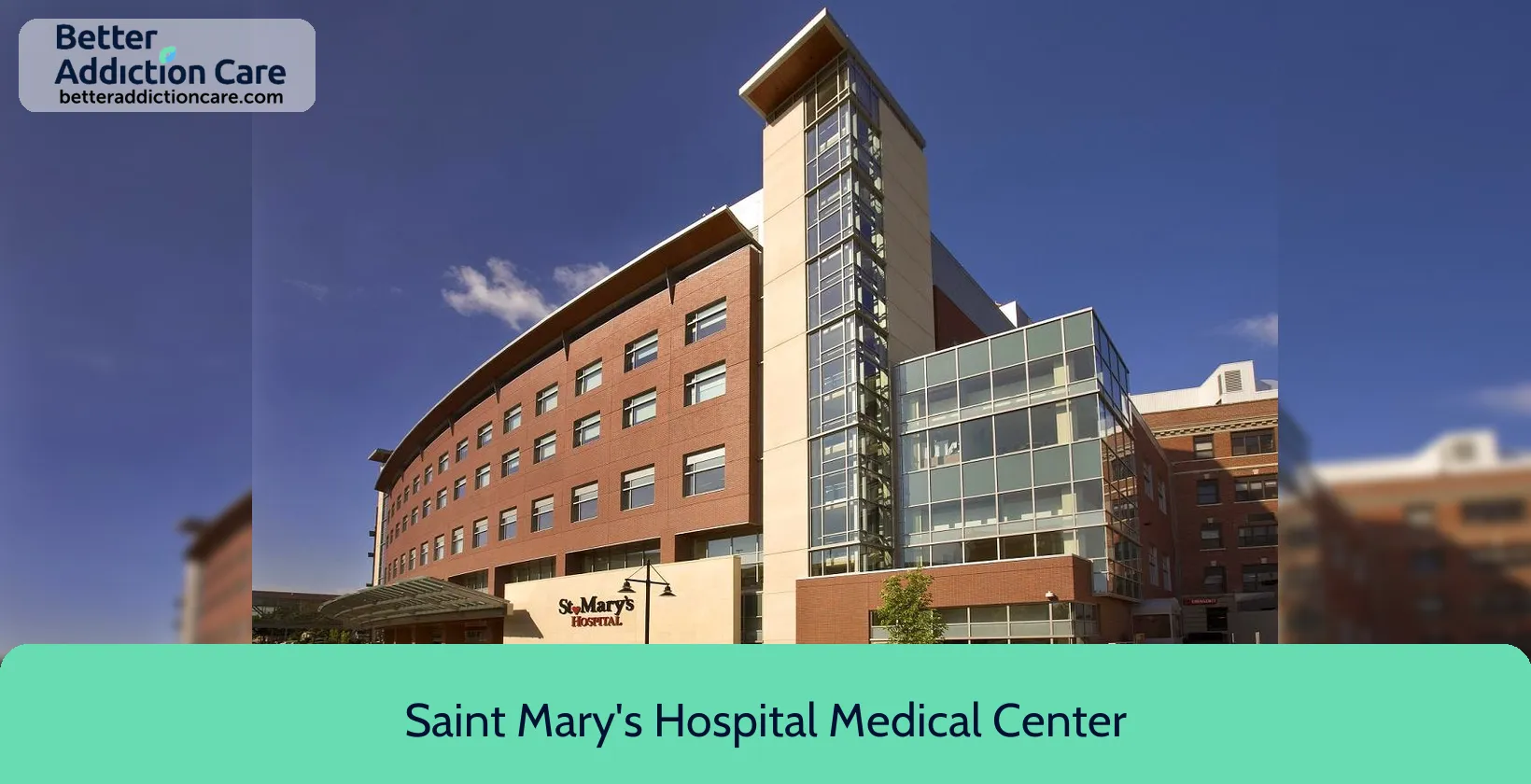
6.68
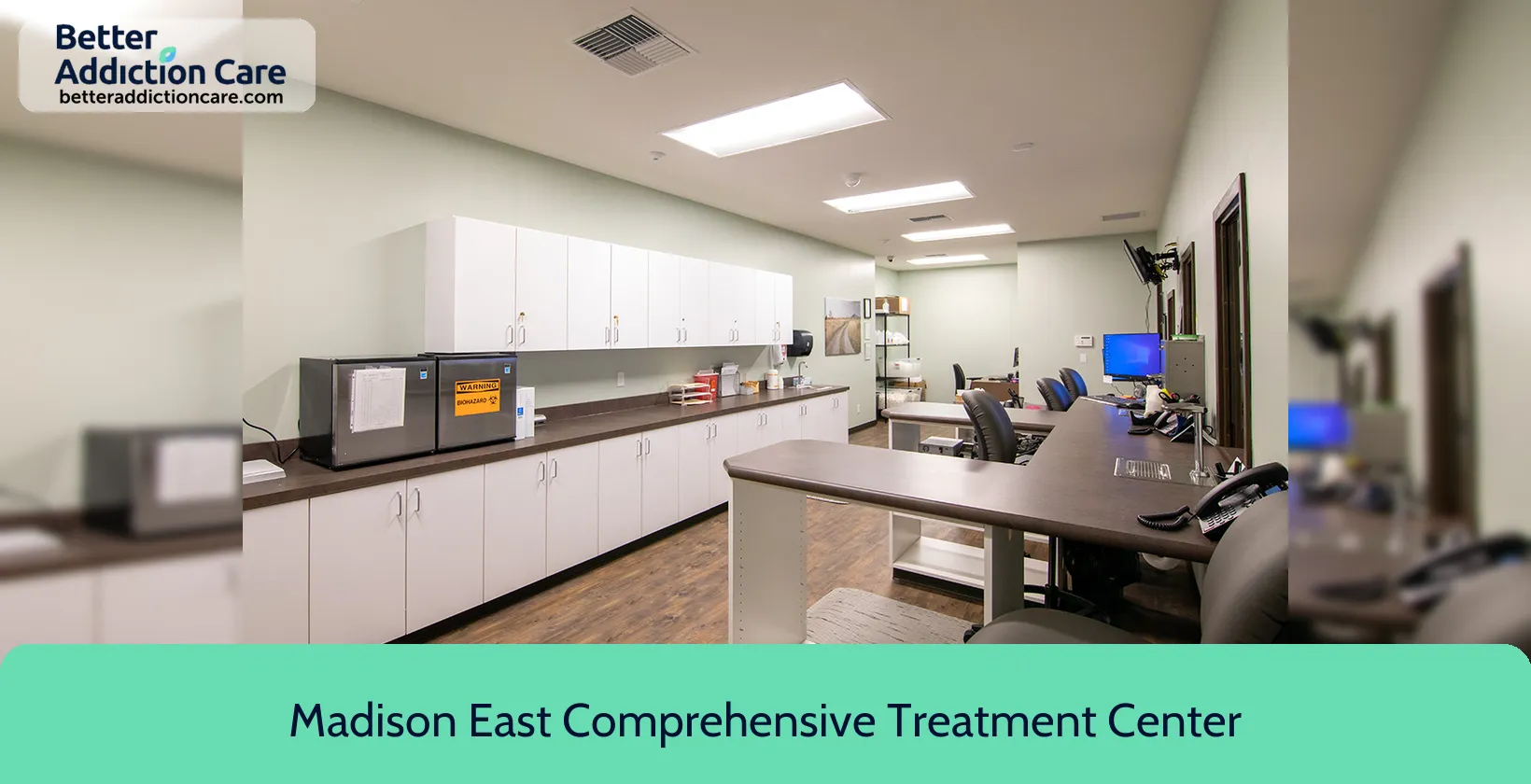
7.28
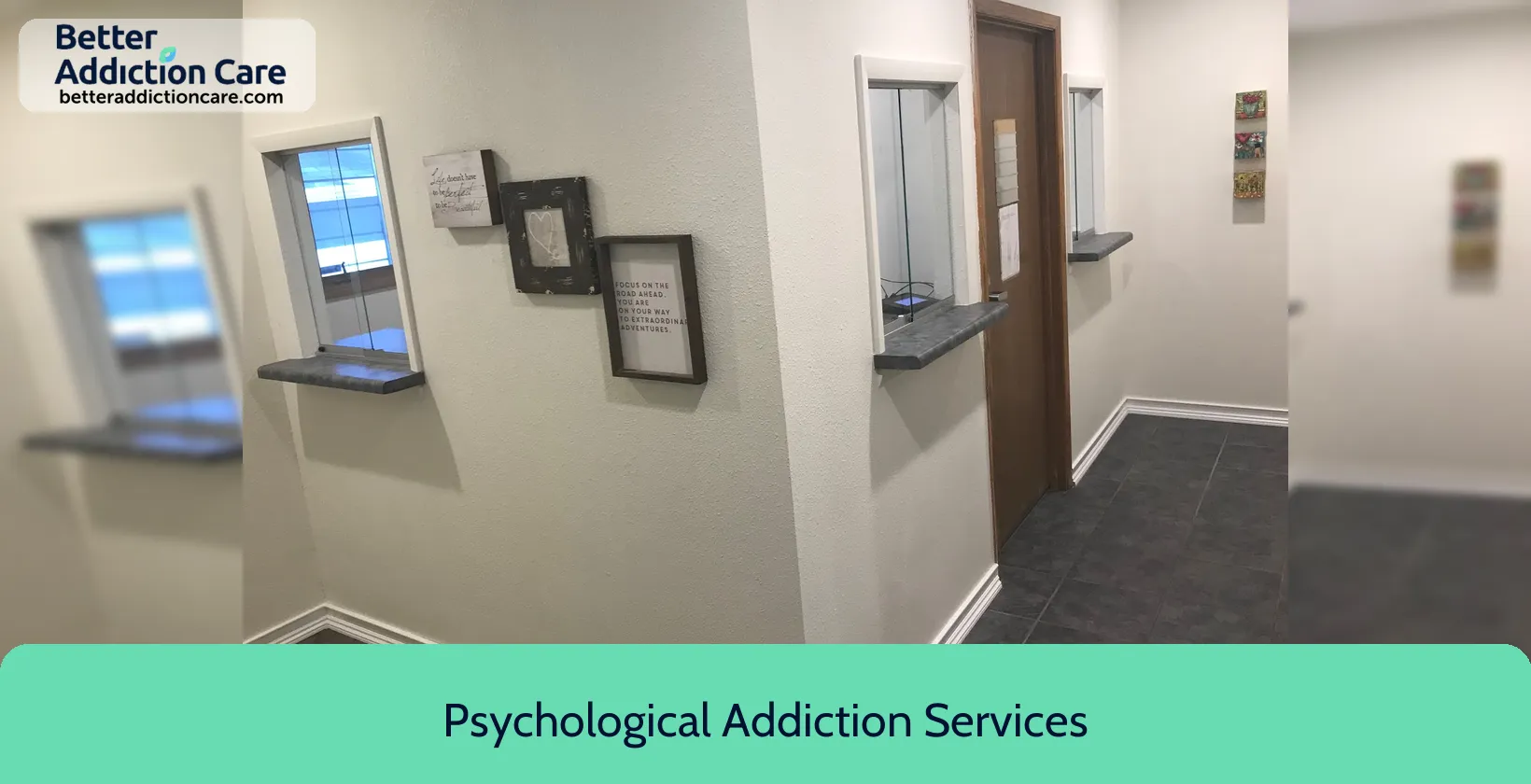
6.96
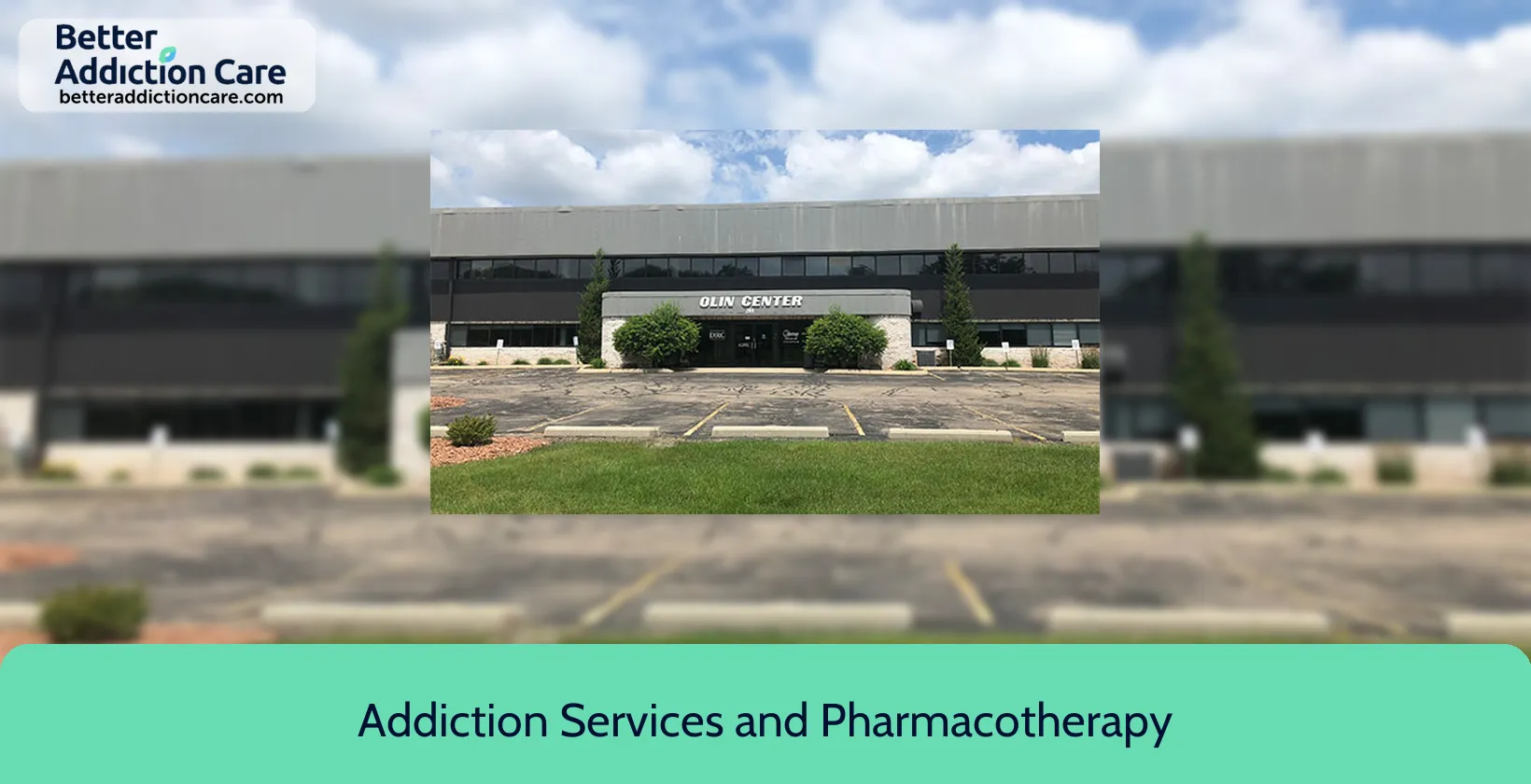
7.36
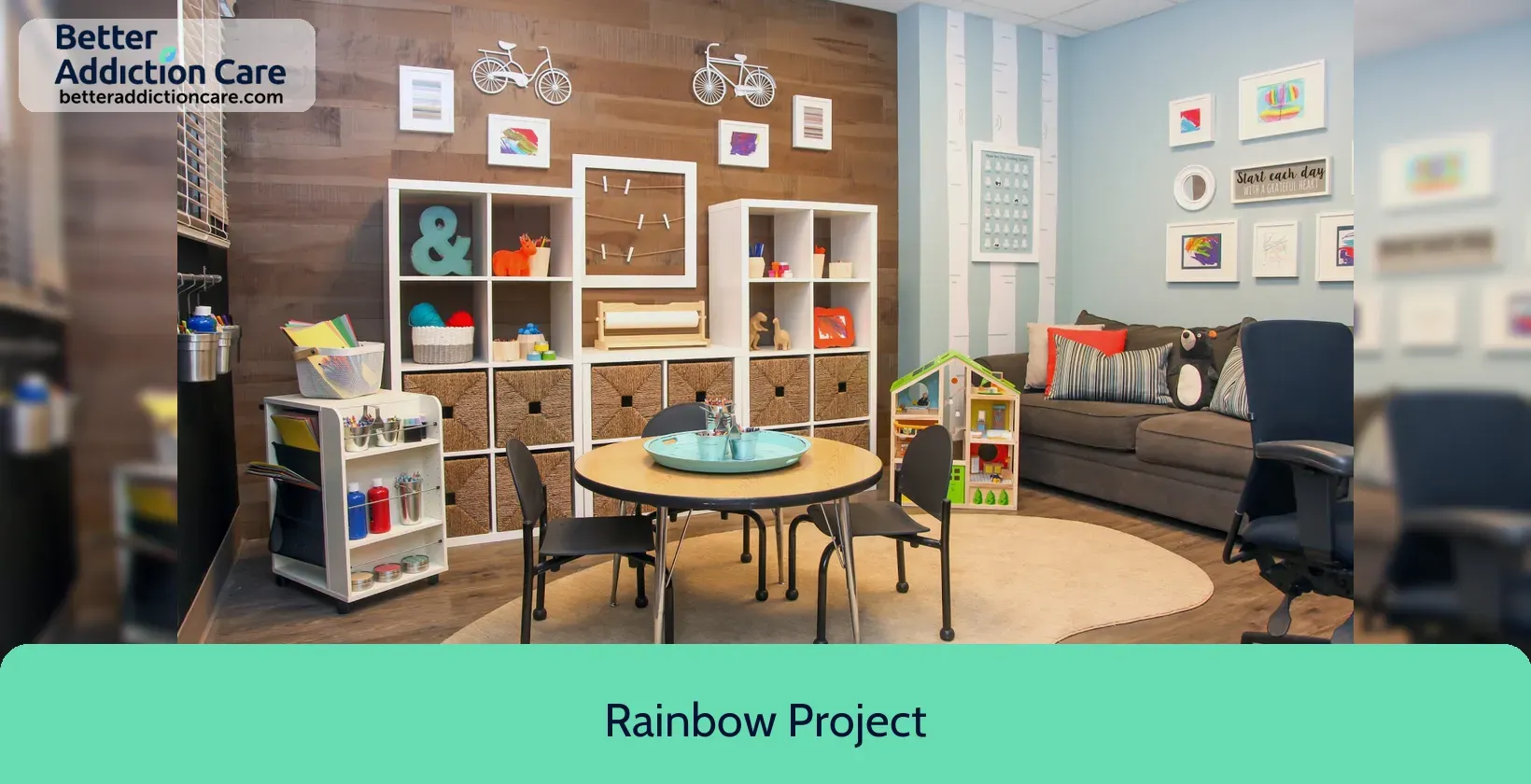
6.65
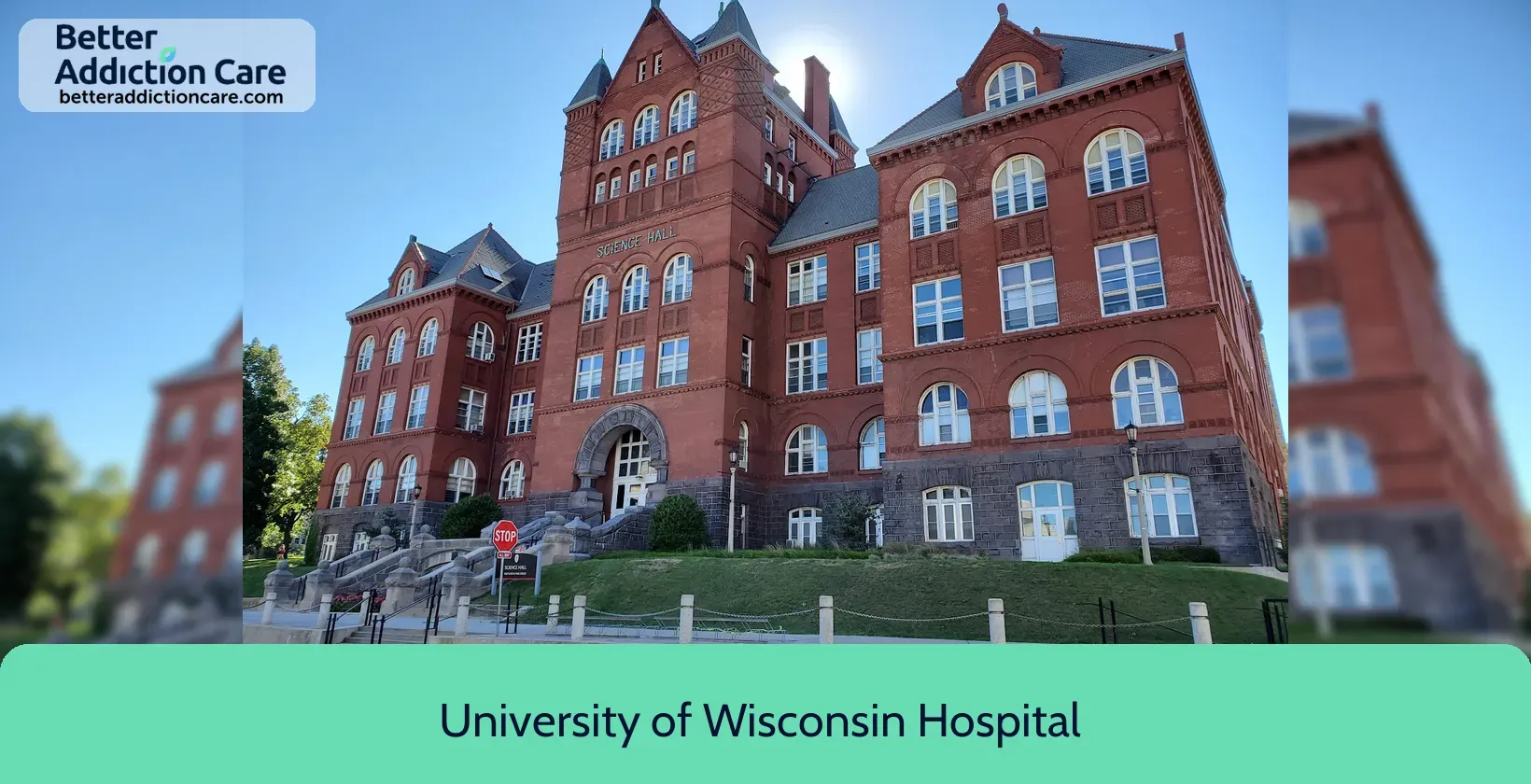
6.74
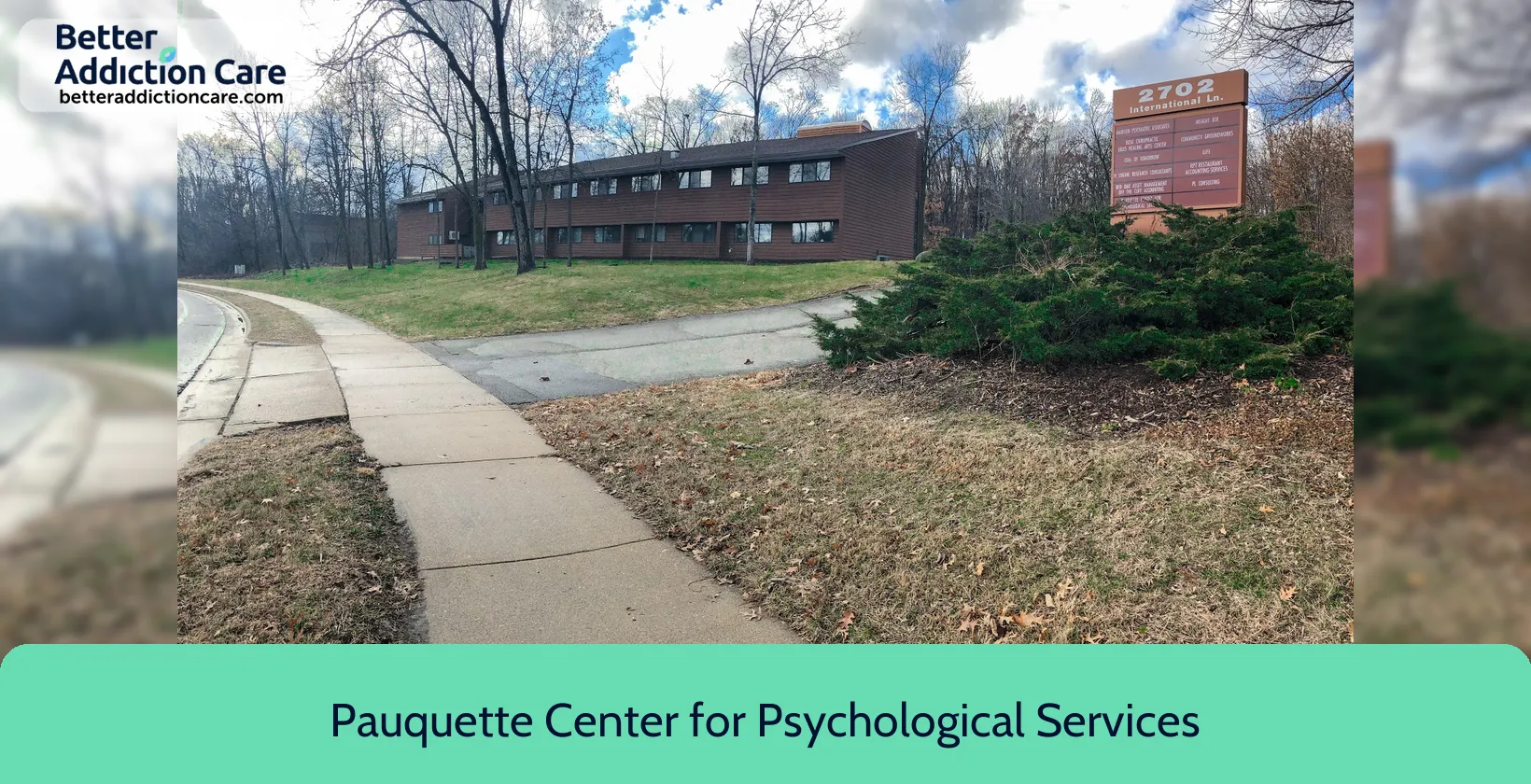
6.68

7.96

6.65

6.65

7.28

6.65

6.89

6.68

6.71

6.92

7.40

6.62

6.83

6.65

6.65

6.88
Local Rehabs in Wisconsin
Common Questions About Rehab in Madison
Take a look at our FAQ. We've tried to fill it with all the answers you're looking for. And if not, contact us on (888) 349-0436.


